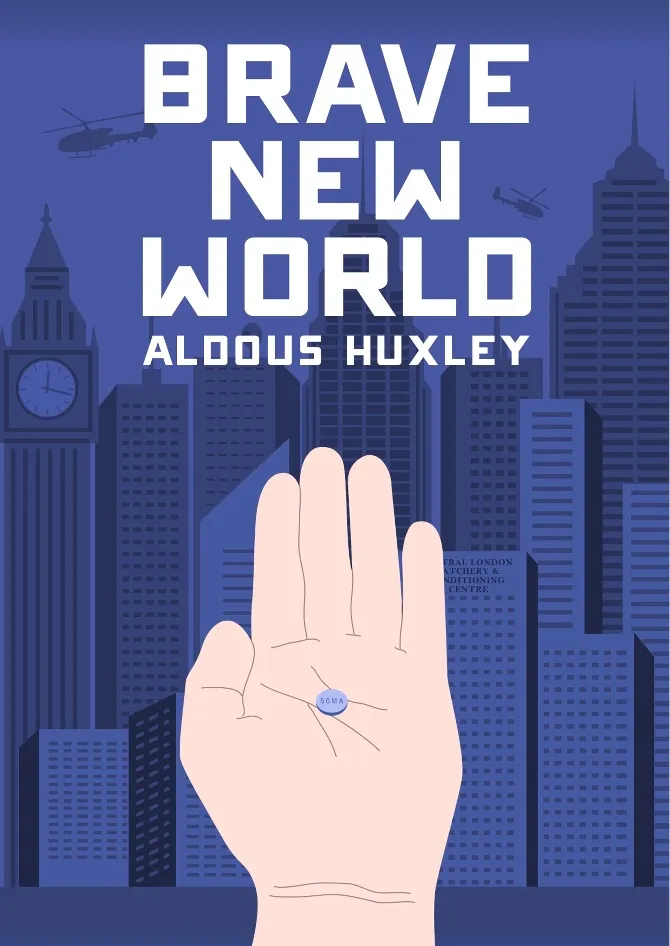- Joined
- Jul 19, 2012
- Messages
- 14,185
- Reaction score
- 8,768
- Location
- Houston
- Gender
- Male
- Political Leaning
- Libertarian
In the fields of psychology and sociology, social scientists have long sought to explain human behavior and optimize the human experience without regard to faith, or in open opposition to faith. Ancient moral norms are discarded in the name of a more scientific approach to human self-actualization, and people eagerly lap up studies that provide “secret keys” to success or “hidden insights” into humanity. All this is completely understandable. Life is hard. Professional success is elusive. Happiness can be fleeting. Raising children is challenging. We can be desperate for quick fixes and explanations that make sense of the world — even when the “fix” seems absurd.
Take, for example, the idea that your body language can be key to how you are seen by others and how you regard yourself -- the idea of the "power pose" which has been incredibly popular.
Take the idea of "ego depletion", which means that we all have a limited supply of willpower, and it becomes depleted with over-use. The solution, of course, is not to use it so much.
Next, the idea of "unconscious racism". In other words, we can "know" that a white cop is more likely to shoot a black suspect because of the snap judgments we all tend to make.
All of this is backed up by studies with facts pro porting to validate the concepts. The trouble is that psychology is in the middle of a replication crisis right now, and all of the above ideas have become caught up in it. It all might be wrong, nonsense. In all three cases investigators have been unable to confirm the key studies or replicate their results, and a Harvard economist surprised himself and everyone when he found that cops are more likely to shoot white suspects.
In other words, use extreme caution when applying psychological principles to real life, whether it be personal, corporate, or governmental.
For generations Americans have been taught by word and deed that there is a better way, that the lessons of the Judeo-Christian tradition should be discarded as so much oppressive hocus-pocus. Ancient moral teachings aren’t just false, they’re destructive.
[...] In reality, “science” is often leading us astray — and for reasons that the biblically literate can easily predict. It turns out that human beings are self-interested, that we’re drawn to quick fixes and splashy results. It turns out that we’re mistake-prone and often make entirely arbitrary judgments. And it turns out that we really, really like to see results that confirm our own righteousness and virtue. In other words, scientists don’t offer an escape from the fallen world; they’re part of the fallen world.
This does not mean that social science is useless, but it must be subjected to rigor, and replication must be insisted upon. New knowledge is often nonsense, and it must be viewed with the skepticism it so richly deserves.
Read more at: Social Science & Religion Compared: Religion Can Be a Better Guide | National Review

